Foreign missions bleeding government purse

SHARE THIS PAGE!
Lesotho’s foreign missions dotted across the world are bleeding the fiscus by drawing huge amounts of money in monthly rentals for staff residences.
The Embassy in Addis Ababa, Ethiopia, for instance, pays M461,000 per a month (about US$25,000) for the accommodation of its seven diplomats. This roughly translates to M5.53 million annually.
Embassies in Rome, Canada, Dublin, Brussels, Beijing, Geneva, Tokyo, and Kuwait are also reportedly pay hefty rentals, causing a strain on Lesotho’s fragile economy.
Government incurs these huge costs through the Ministry of Foreign Affairs and International Relations, because Lesotho does not have its own properties in most countries, theReporter has learnt.
But even in countries like South Africa where Lesotho owns a nine-storey building for a consulate in Klerksdorp and Durban, management of such properties leaves a lot to be desired.
The buildings are in deplorable states. Some have been abandoned while others need serious and urgent renovations.
The SA property was reportedly hijacked some years ago by unauthorised individuals, mostly foreign African nationals. These individuals have transformed it into residential units and shops without the Lesotho government deriving any revenue from the property.
The chairperson of committee chairpersons, Mokhothu Makhalanyane, recently expressed concern over the costly rentals of government properties outside the country.
He noted that the SA property was among those currently under scrutiny by several parliamentary committees including the Public Accounts Committee (PAC) and the portfolio committee on the prime minister’s ministries and departments, governance, foreign relations and information cluster.
In their meetings early this year, the committees were concerned about the poor state of some of Lesotho’s properties such as in South Africa and Brussels embassies, which have been abandoned and require urgent maintenance.
During their investigations, the committees discovered that the properties were not being utilised efficiently, thereby denying the government a potential source of revenue.
Lesotho could benefit financially if they were to be appropriately maintained and rented, the committees noted.
According to Makhalanyane, the neglect of government properties in foreign countries is likely to impact diplomatic operations and damage Lesotho’s reputation abroad.
He urged the government to reassess its diplomatic rental spending, describing it as “unsustainable”.
Owning embassy assets would be a more financially prudent approach, allowing government to convert liabilities into valuable assets and promote long-term economic growth.
“It is imperative that we re-evaluate our diplomatic rental expenditures, which are unsustainable in the long term,” Makhalanyane told this publication in a telephone interview recently.
He also indicated that the portfolio committee on prime minister’s ministries and departments, governance, foreign relations and information cluster was currently evaluating the country’s diplomatic properties.
It is also awaiting a list from the Ministry of Foreign Affairs and International Relations regarding maintenance needs, he said.
This would enable the ministry to prioritise maintenance for embassies that require it and ensure strategic presence where necessary.
“It will eliminate the need for monthly rental payments, which can be a significant expense, and ensure that our diplomats have comfortable and secure accommodations,” Makhalanyane added.
Attempts to get comment from the Ministry of Foreign Affairs and International Relationships were unsuccessful as the ministry’s information officer, Pulane Lesita, said the prepared responses were awaiting approval from the deputy principal secretary.
However, when asked to provide his expertise on what would be the most financially prudent option for securing diplomatic housing; between buying and leasing, a local economist, Topollo Motlamelle, explained that in public finance, especially within the realm of foreign service infrastructure, the decision between renting and buying diplomats residences hinges on three major dimensions: cost efficiency, capital availability and strategic permanence.
Motlamelle said the financially prudent strategy is a hybrid, advising the government to purchase properties in cities where missions are long-standing and essential, and lease only where missions are temporary or under reassessment.
“Now, for a country like Lesotho, with constrained fiscal resources, renting appears attractive in the short term because it requires no immediate capital outlay and offers flexibility. However, leasing is fiscally inefficient over extended periods, particularly in major global cities where diplomatic missions are stationed (e.g., London, Washington D.C., Pretoria, to name but a few.). Rents in these cities are notoriously high and escalate annually,” he stated.
He further pointed out that buying, on the other hand, represents a capital-intensive yet potentially prudent long-term investment, provided the mission is stable, permanent, and that country’s state law allows that we buy and own buildings there.
In the case we have bought foreign property, it creates a state-owned asset for Lesotho that appreciates in value, eliminates rental volatility, and fosters intergenerational fiscal sustainability, Motlamelle said.
In written responses to this publication last week, he suggested that the government conduct a cost benefit analysis for each diplomatic mission, prioritise stable and permanent locations, or establish a fund towards diplomatic property investments perhaps seeded with grant finance or concessional funding to manage property purchases.
He also proposed that government pursue partnerships with the Southern African Development Community (SADC) or African Union (AU) institutions for shared-use properties to defray costs and develop a long-term strategy that aligns diplomatic objectives with fiscal sustainability and asset creation.
“Lesotho’s strategic direction should be to transition selectively from renting to ownership. This approach could not only save money, but also position Lesotho as a forward-thinking, asset-building sovereign nation.
“Assume Lesotho spends M216,495.00 (US$12,000) per month renting a residence in a high-cost city like Washington D.C. This amounts to M2,597,940.00 (US$144,000) annually. Over 20 years, that’s M51,958,800.00 (US$2.88 million), excluding inflation and rental escalations. That’s a lot of money that disappears every month with little or close-to-nothing to show for it at the end. “In contrast, purchasing a modest but decent diplomatic residence might cost somewhere between M27,061,875.00 and M36,082,500.00 and that home could be used for 50 years or more. Even when you add the cost of maintenance and occasional repairs, it still works out far cheaper in the long run than renting. Unlike rent, the value of the property can actually go up over time, helping Lesotho build wealth as a nation,” Motlamelle pointed out.

Feuding neighbours fined for street brawl
11 days ago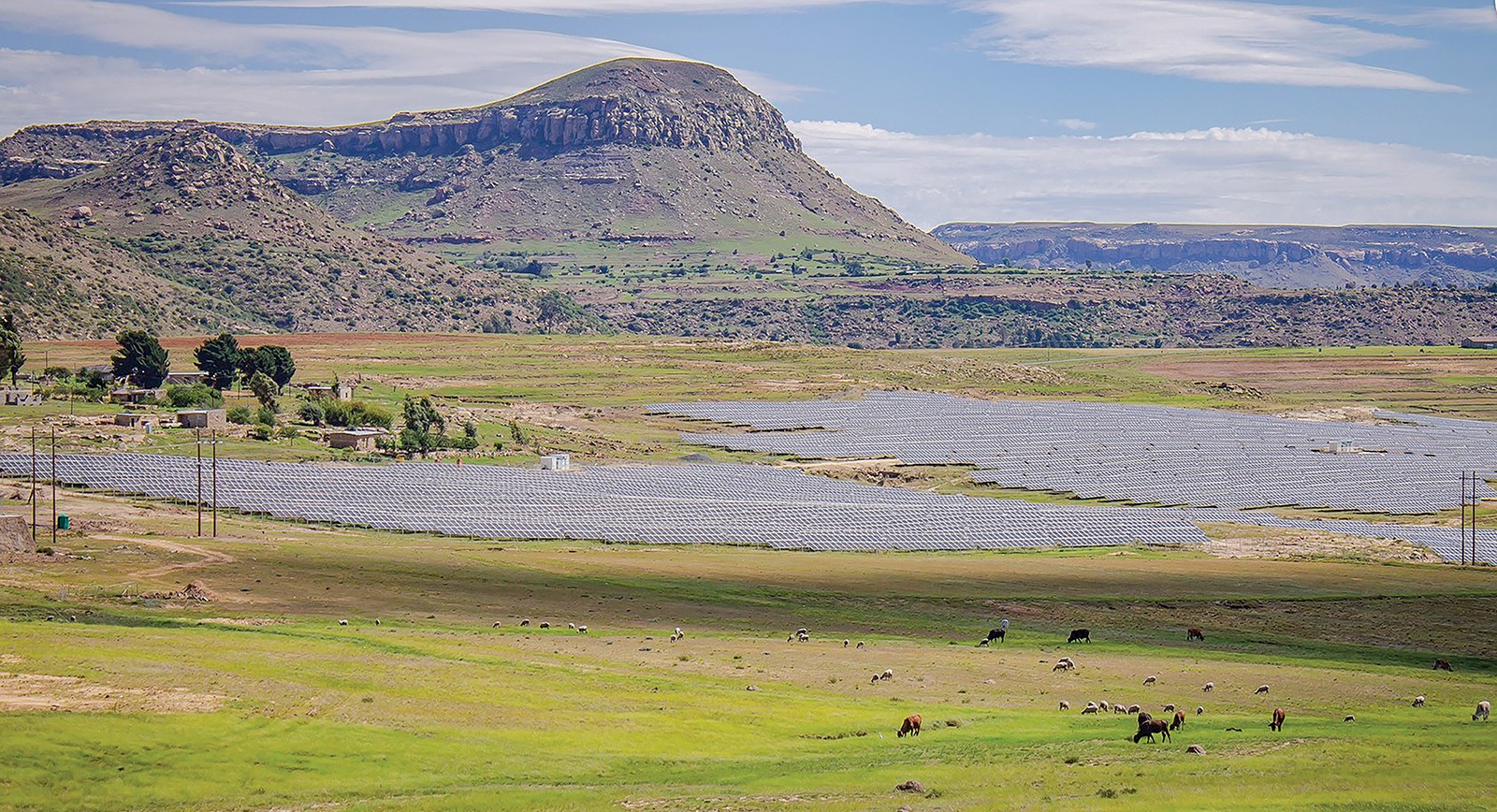
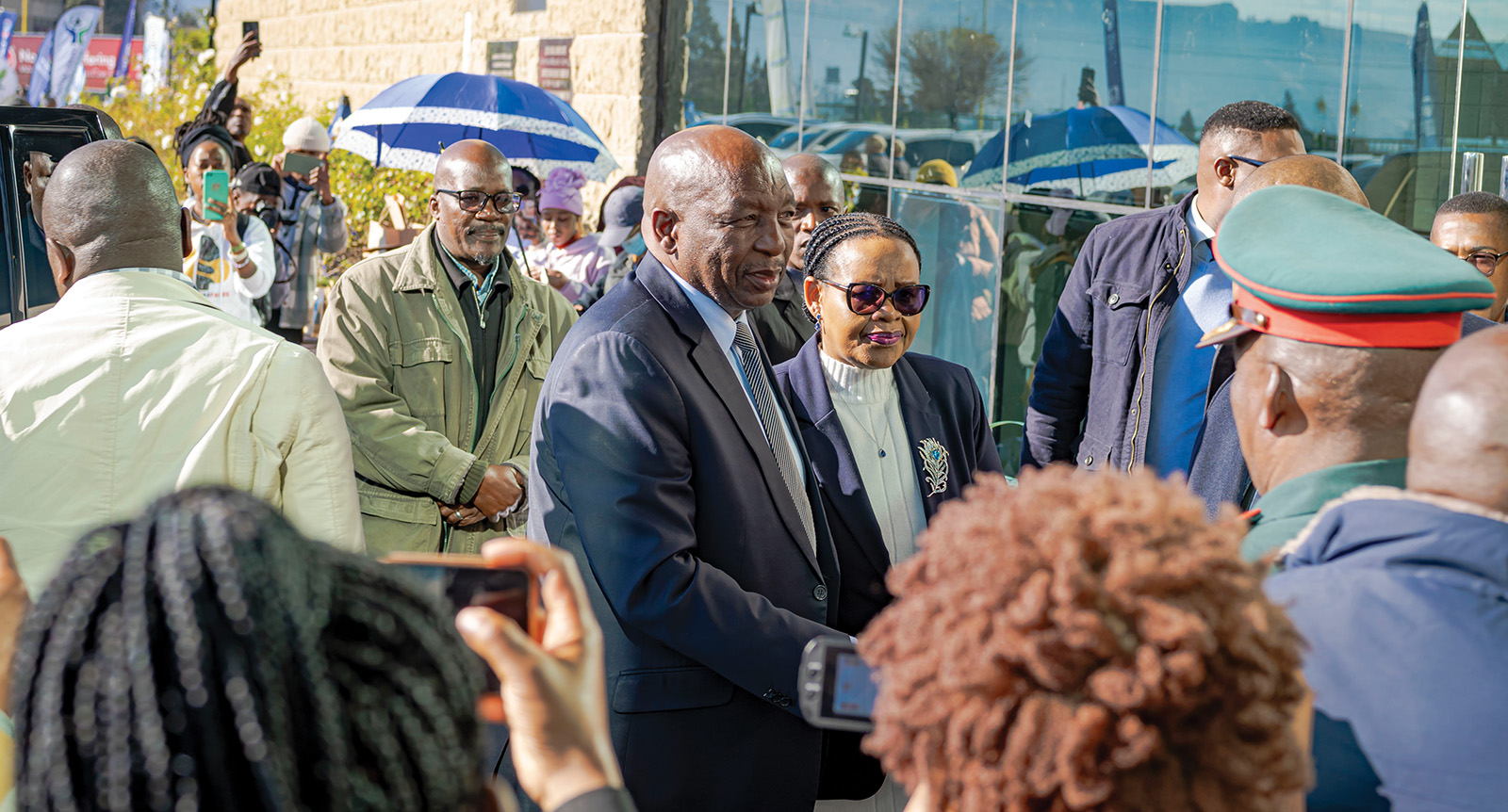

TRC boss acquitted of sexual harassment
11 days ago
Foreign missions bleeding government purse
11 days ago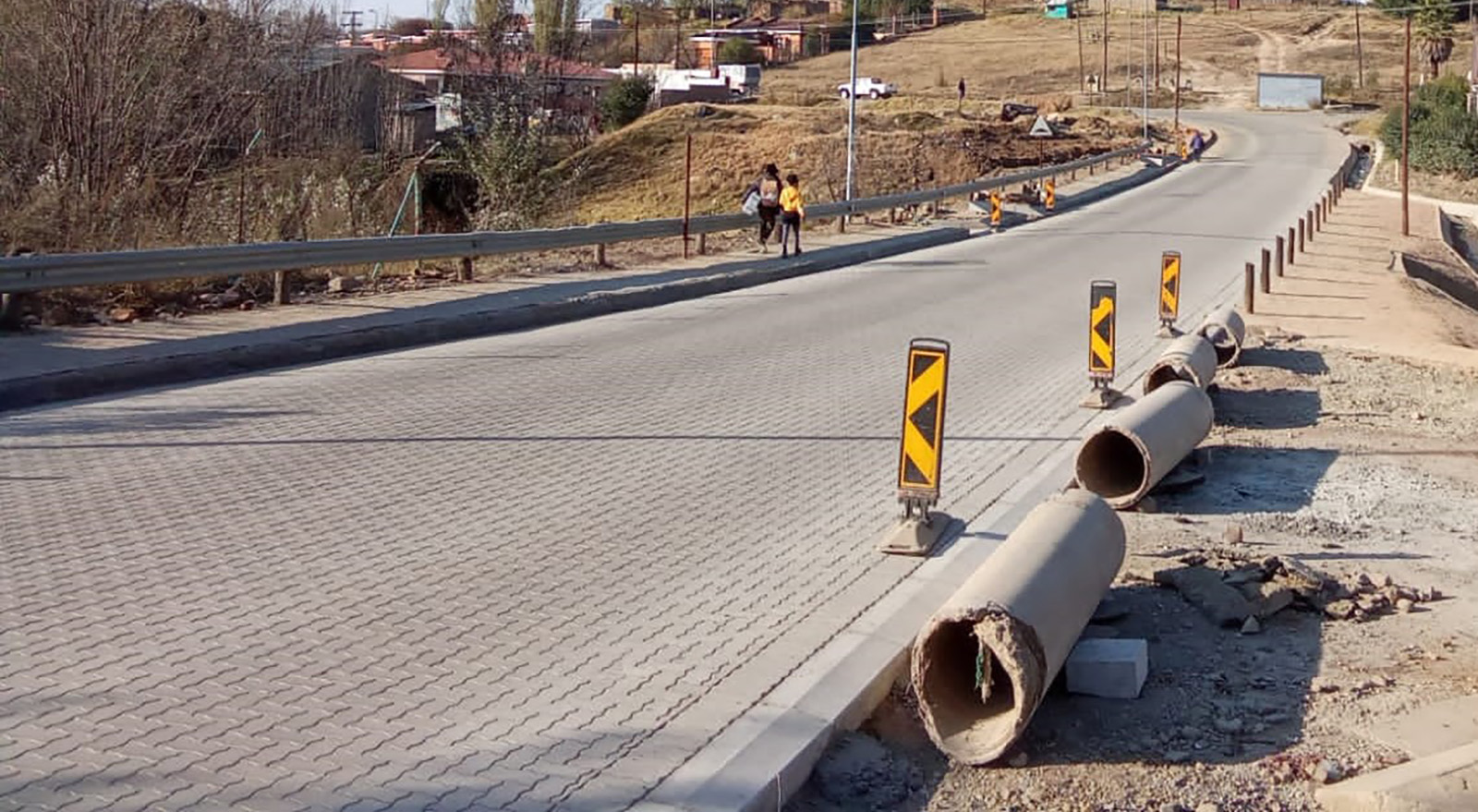

Breaking the silence on disability and GBV
13 days ago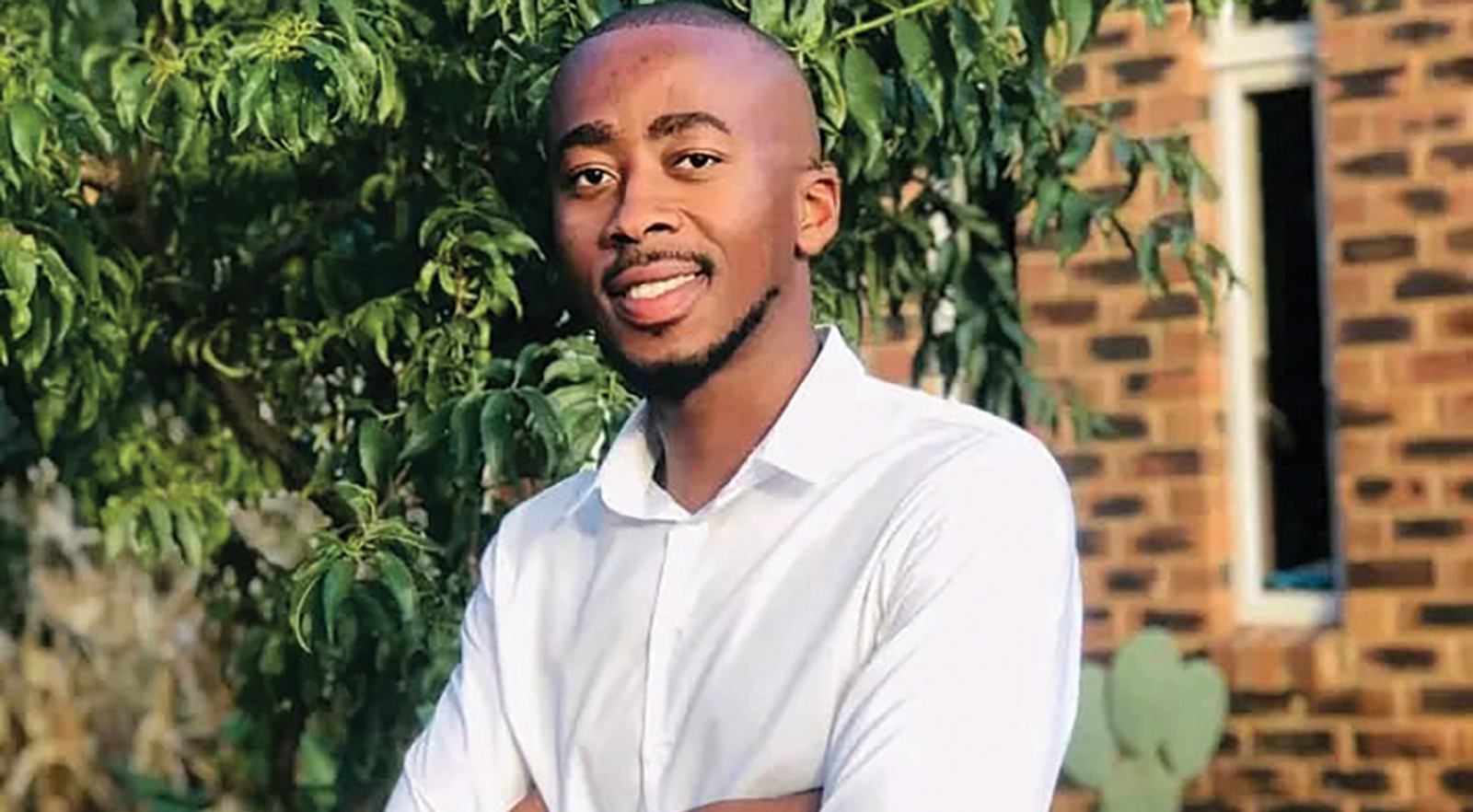
Cultivating mushrooms using agricultural waste
14 days ago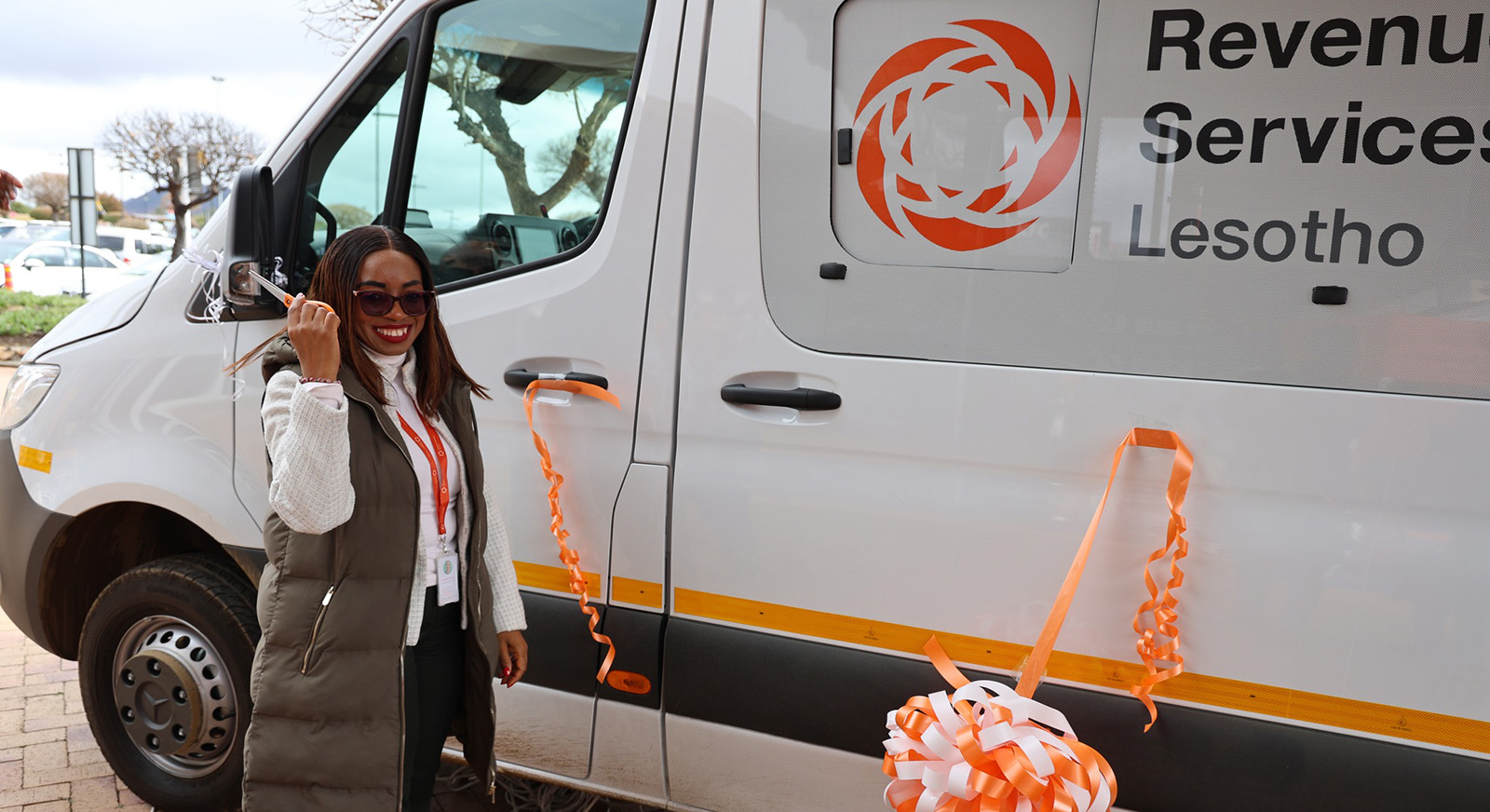
RSL launches mobile offices
15 days ago
Second TBM arrives in Lesotho
15 days ago